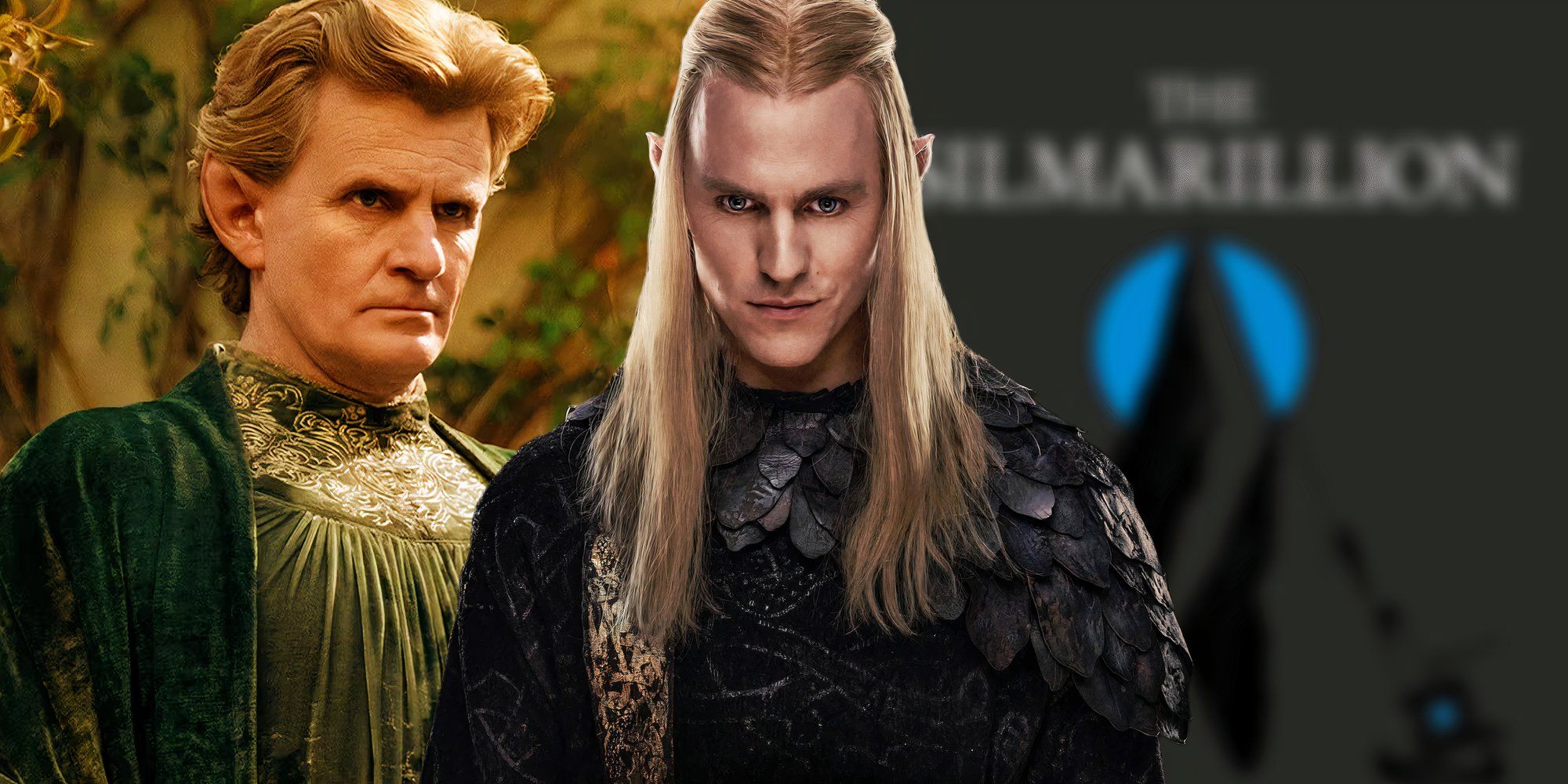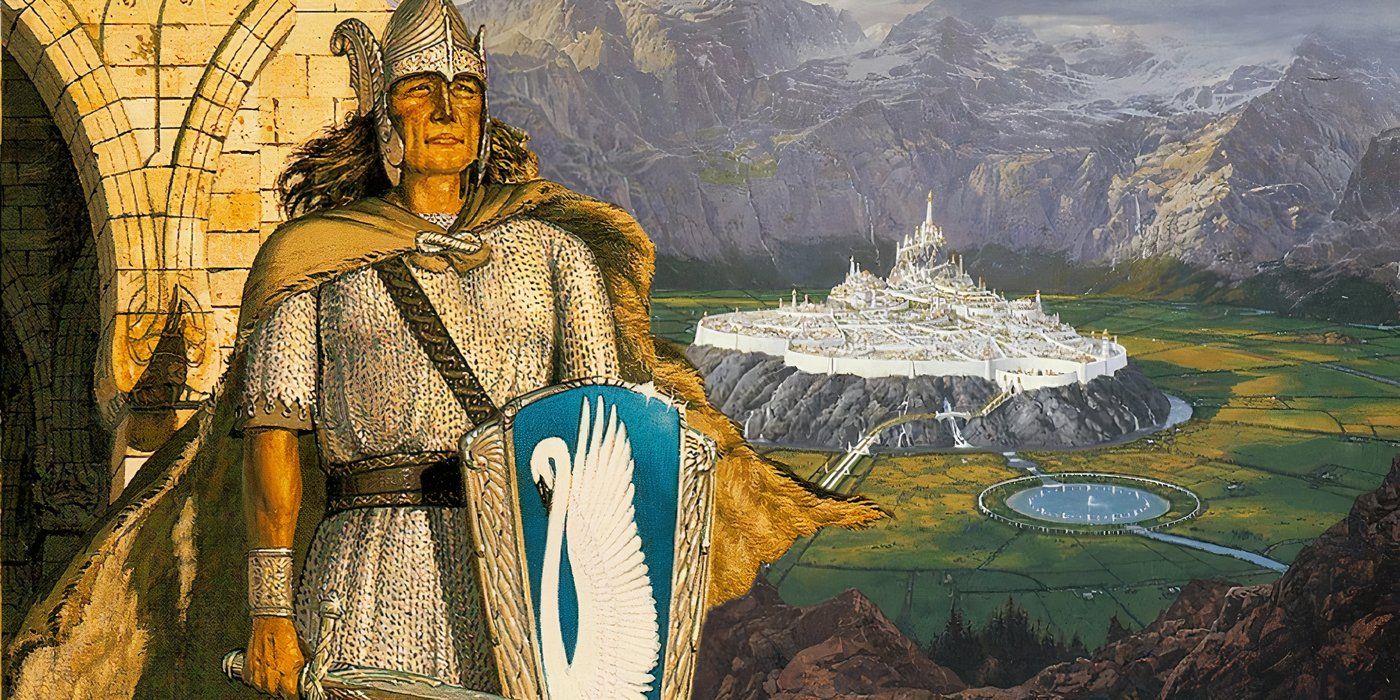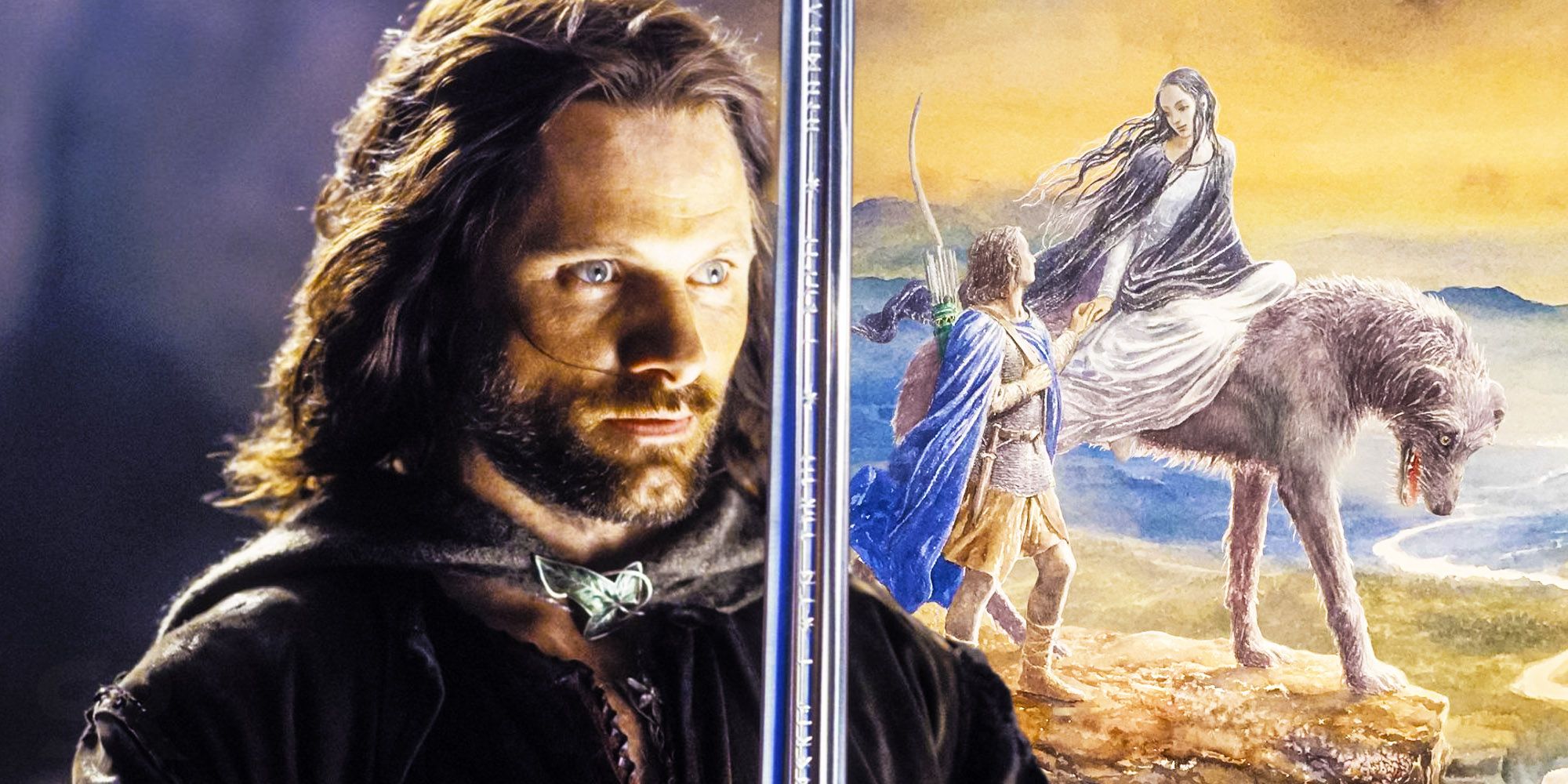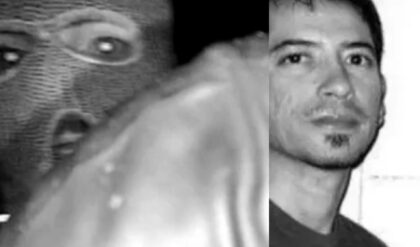
Celebrimbor – unaware of Halbrand’s real identity as Sauron – accepted this messenger, dubbing himself Annatar, leading to the forging of more Rings of Power integral to Lord of the Rings. In The Rings of Power season 2, episode 5, Annatar tries to manipulate Celebrimbor even more so by proposing the forging of nine rings for men, a plan Celebrimbor opposes due to the frailty of the Middle-earth race. In an attempt to persuade the legendary elven smith, Sauron reminds Celebrimbor that, even in times of great darkness long before Middle-earth’s Second Age, some men rose above corruption: Eärendil, Tuor, and Beren.
Eärendil Was Elrond’s Father & The First Age’s Hero
Eärendil Was Integral To Morgoth’s Defeat In The War Of The Great Jewels
Eärendil is the first hero of man mentioned by Sauron and holds the most direct connection to a member of The Rings of Power‘s cast. Eärendil is the father of Elrond and was one of the most integral characters in the First Age of Middle-earth during the War of the Great Jewels. As Morgoth, Sauron’s master, began tightening his grip over Middle-earth in an effort to find the Silmarils, Eärendil’s home of Avernien was attacked as the dark lord sought the Silmaril held by Eärendil’s wife, Elwing.
Were it not for Eärendil’s courage in finding the Valar and pleading for their help, Morgoth would likely never have been defeated…
As a result of Morgoth’s growing power, Eärendil and Elwing sought out the mythical land of Valinor. Eventually, Eärendil succeeded and became the first of all mortals to step foot on Valinor. There, Eärendil pleaded with the Valar to aid the peoples of Middle-earth in the fight against Morgoth. Due to Eärendil’s bravery and his decision to make the plea to the Valar on behalf of elves and men, the Valar accepted, leading to the War of Wrath in which Morgoth was defeated for good by a union of men, the most powerful Lord of the Rings elves, and Valar.
As a reward, Eärendil’s bloodline was granted the choice of choosing between their half-elf and half-man heritage. Eärendil and Elwing, also half-elven, chose to live among the elves, as did their son, Elrond. Were it not for Eärendil’s courage in finding the Valar and pleading for their help, Morgoth would likely never have been defeated. As such, Sauron evokes Eärendil’s name as a reason to trust in men when trying to persuade Celebrimbor to forge the nine Rings of Power that lead to the creation of The Lord of the Rings’ Nazgûl.
Tuor Was Respected By Both The Elves & The Valar (& Was Eärendil’s Father)
Eärendil Was Not The First Of His Bloodline To Be Well-Regarded

The second name Sauron mentions in The Rings of Power season 2, episode 5 is Tuor. Tuor is the father of Eärendil and was born among men before being raised by the Grey-elves. Eventually, Tuor found himself back in the company of men, albeit unwillingly, Tuor was sold to Easterlings, servants of Morgoth, and became a slave for three years. After escaping his enslavement, Tuor became an outlaw in the lands of Middle-earth. Years later, Tuor was contacted by Ulmo, the Valar Lord of Water, who insisted he take a message to the hidden elven kingdom of Gondolin.
There are 15 Valar gods in Middle-earth, each of them holding dominion over a different aspect of life, with Ulmo’s interference leading directly to Morgoth’s downfall via the birth of Eärendil.
Tuor’s message was that Morgoth would eventually find Gondolin and destroy it, with Ulmo urging the elves out of the city. The elven king, Turgon, was stubborn in the strength of his city and ignored these warnings, though not without banning exit from Gondolin to keep it secret. This forced Tuor to stay in Gondolin, though he was not opposed to this new reality. Eventually, Tuor fell in love with Turgon’s elven daughter, Idril, and the two were married. Tuor and Idril then sired a child, the aforementioned Eärendil.
Due to his time in Gondolin, Tuor became well-respected among the elves. When Ulmo’s warning eventually came to pass and Morgoth attacked Gondolin, Tuor fought valiantly to defend it. However, Tuor and his family were among the elves to escape after Gondolin fell, leading him and his wife to build a ship and sail west. Tuor’s deeds in life saw him accepted as one of the Valar’s elder kindred, with it said that they granted him and Idril an immortal life in Lord of the Rings’ Valinor.
Beren Stood Against Morgoth In The Name Of Love
Beren Was Instrumental In Inspiring Middle-earth Against Morgoth

The final name mentioned by Sauron in The Rings of Power season 2 is Beren, one of the most legendary human heroes in Middle-earth’s expansive timeline. Beren was born long before Eärendil and Tuor, yet was linked to their family through his granddaughter, Elwing. Beren was a man of Middle-earth born in the First Age and became known as a great adventurer and warrior during his youth. Eventually, Beren’s home was destroyed, and he, his father, and 11 other men formed a group that continued to perform acts of bravery, angering Morgoth.
Eventually, every man in the company save for Beren was killed, leading the man to live a life off the land. One day, Beren came across the home of the Grey-elves and fell instantly in love with Lúthien. Upon asking for Lúthien’s hand in marriage, her father, Thingol, said he would grant his blessing if Beren retrieved one of the Silmaril from Morgoth and his dark crown. Though set as an impossible task due to his disapproval of Beren, the hero – alongside Lúthien and Finrod, Galadriel’s brother, and a great hound named Huan – overcame many perils.
Beren and Lúthien’s tale became one of legend that inspired many to stand against Morgoth, including Eärendil…
One such peril saw them even face down Sauron himself, before stealing a Silmaril from Morgoth. After having his hand and the Silmaril devoured by a giant wolf named Carcharoth, Beren hunted the animal down and retrieved the jewel, though not without being mortally wounded. Lúthien’s connection to Beren was so strong that she too died as Beren drew his last breath. In the afterlife, Lúthien convinced Mandos, the Valar responsible for judging the spirits of the elves, to give her a wish. As a result of this wish, Beren and Lúthien were reborn and lived out their days as mortals.
Human & Elf Marriages In Middle-earth
Ages
Beren and Lúthien
First Age
Tuor and Idril
First Age
Aragorn and Arwen
Third Age
Away from other men on the island of Tol Galen, Beren and Lúthien’s tale became one of legend that inspired many to stand against Morgoth, including Eärendil, who would eventually marry their granddaughter. This explains why Sauron mentions Beren in The Rings of Power season 2, as he has witnessed firsthand the strength of Beren. Knowing that Celebrimbor knows this tale too, the dark lord is aware that Beren’s name could be used to manipulate Celebrimbor into crafting the nine rings of men, further solidifying Sauron’s Lord of the Rings plan.



